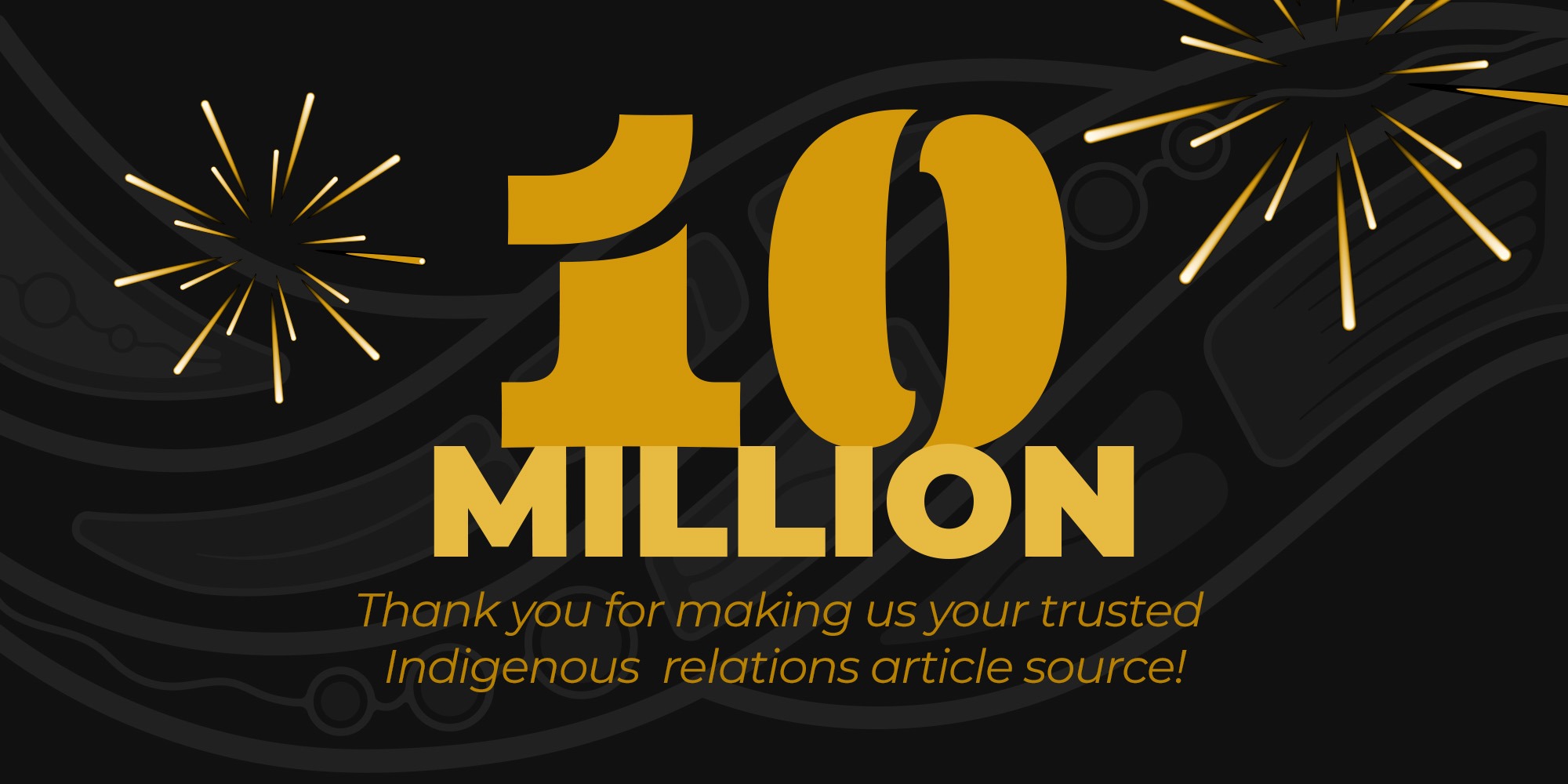Smudging to Indigenous Protocol - Our Top 10 Articles in 2017
In 2017, we had just over 816,000 visitors to our blog Working Effectively with Indigenous Peoples® looking for information on a wide variety of...

As we embark on a new year, Indigenous Corporate Training Inc. (ICT) is humbled to share that our Working Effectively with Indigenous Peoples® Blog has amassed over 10 million views. This volume of viewership is representative of the public need for understanding and connection to the culture and history of Indigenous Peoples and is a reminder to us at ICT of the importance of our mission to facilitate that connection for people across Canada and beyond. Join us for a brief history of how we got here, including the topics and themes that have resonated most with viewers over the years and the milestones in Indigenous relations that continue to drive readers to learn more.
In 2007, our graphic and website designer presented ICT’s Founder and President, Bob Joseph with the idea to start a blog. Bob replied as many of us would have at the time, "What’s a blog?" Since their start in the 1990s, blogs have evolved from personal online diaries and idea exchanges to a major platform for individuals and organizations to connect authentically with their audiences. By 2002, it was predicted that blogs would replace traditional media due to their increasing power to provide alternative viewpoints and perspectives that often get overlooked or filtered out by news media outlets.
The evolution of this blog has followed a similar path. Starting as a means of expression through the first series of curated Indigenous-related articles called "Bob’s Blog", and evolving to what is now a valued and trusted source of information and knowledge tied directly to our mission to promote cultural competence through free resources. To further connect the blog to our mission, "Bob’s Blog" was renamed to the Working Effectively with Aboriginal Peoples® Blog, building on the themes found in the Working Effectively with Aboriginal Peoples® training course and the publication of the first edition of the Working Effectively with Aboriginal Peoples® book, both launched in 2004.
In May of 2016, the federal government of Canada adopted the UN Declaration on Rights of Indigenous Peoples, prompting a change to the use of "Indigenous" rather than "Aboriginal," and thus we changed the name of our training, publications, and the blog's title became Working Effectively with Indigenous Peoples® Blog and remains as such to this day.
As we reached this milestone of over 10 million views, we took the time to reflect on which of the hundreds of articles specifically struck a chord with Canadians. The 2015 article 21 Things™ You May Not Have Known About the Indian Act was among the top on that list. In this article, Bob provides a simplified overview of the complex piece of legislation that has had such far-reaching implications on Indigenous Peoples since its enactment in 1876. The article achieved tens of thousands of views in a very short period, and since its posting, it has had over 500,000 views. It opened up the door to exploring the idea of publishing a book. We approached some book producers who felt it would go viral in bookstores, and they encouraged publishing. In 2018, 21 Things™ You May Not Know About the Indian Act was published and has remained on Canada’s non-fiction, best-seller list ever since.
The article that has received the greatest number of views is 8 Key Issues For Indigenous Peoples In Canada, which has been viewed over 707,000 times since its posting in 2015. In this article, Bob outlines the most significant concerns for Indigenous Peoples in Canada, the roots of which lie in the Indian Act and colonialism. Due to the continued high interest in this topic, we have since expanded this article into a series of blog posts that take a deeper look at each of the eight issues individually.
Between 2015 and 2020, blog views grew from 45,000 to over 4 million, mirroring Canada’s increased interest in Indigenous topics and coinciding with a key milestone for Indigenous Peoples in Canada – the final report from the Truth & Reconciliation Commission published in 2015 and the subsequent "94 Calls to Action" to address the cultural genocide of Indigenous Peoples as enacted with the residential school policy and achieve true reconciliation. This important period in the history of Indigenous Peoples and Canada, combined with the increased capacity and rejuvenated thirst for knowledge seen during the COVID-19 global pandemic starting in 2020, has led to the continued growth of our blog readership, doubling our views in just a few short years.
As of 2023, there are over 600 million blogs online, with over 6 million new posts published each day. With so many options to choose from, ICT feels honoured to have been chosen over 10 million times and to have been given the opportunity to connect our mission to so many people. We are proud to be on the cutting edge of change in Indigenous relations and will continue to support learners in all sectors along the path to respectful relations with Indigenous Peoples.

In 2017, we had just over 816,000 visitors to our blog Working Effectively with Indigenous Peoples® looking for information on a wide variety of...

The world is a challenging and rapidly changing place right now and all indications suggest that it will remain as such for quite some time....

...Reconciliation is about establishing and maintaining a mutually respectful relationship between Aboriginal and non-Aboriginal peoples in this...